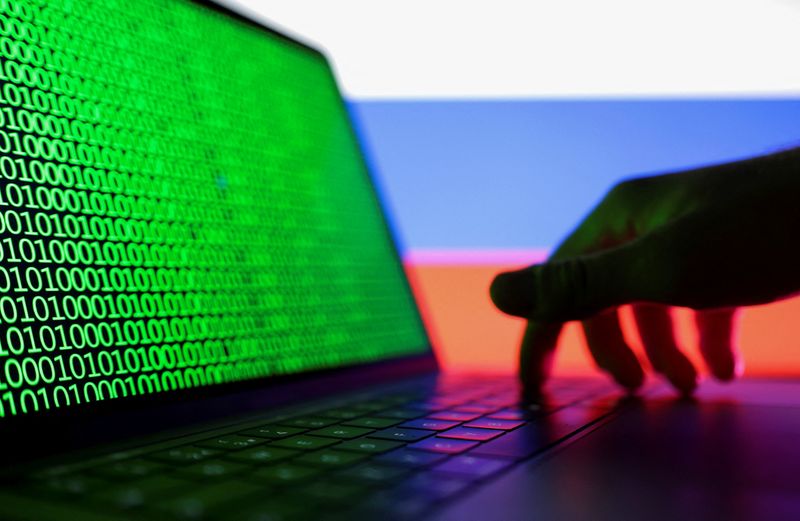On October 5, 2023, Ukrainian Deputy Prime Minister Olha Stefanishyna announced that Russia had launched a significant cyberattack on Ukraine’s state registries, leading to a temporary suspension of essential services. This cyber offensive targeted registries that store critical information regarding Ukrainian citizens, encompassing data on births, deaths, marriages, and property ownership. Stefanishyna characterized the incident as the most extensive external cyberattack on Ukraine in recent times and noted that it was executed with the intent to disrupt the functioning of vital state infrastructure. The implications of such cyberattacks are far-reaching, particularly in conflict zones like Ukraine, where digital infrastructures have become primary targets amid ongoing tensions with Russia.
As a consequence of this cyberattack, the operations of the unified and state registries—which fall under the Ministry of Justice of Ukraine—were halted temporarily. Stefanishyna clarified in a Facebook post that the attack was a deliberate effort by Russian forces to undermine the operational capabilities of Ukraine’s critical administrative frameworks. This highlights the ongoing strategic aspect of cyber warfare, wherein attacks aim not just to cause immediate disruption but also to create long-term challenges for governmental functions. In response to the incident, Stefanishyna indicated that the restoration of services would take approximately two weeks, with some offices resuming certain functions as early as the next day.
Initial assessments indicated that while the state registries were heavily affected, other state services remained operational, signifying a degree of resilience in Ukraine’s cyber defenses. Officials are keenly aware of the vital role that these registries play in maintaining civil order and citizen services, making them attractive targets for adversaries seeking to create chaos. The cyberattack is a reminder of the vulnerabilities inherent in state systems, particularly those central to civil documentation and legal processes. For Ukraine, the incident underscores the ongoing need to bolster cybersecurity measures in light of intensified threats from Russian cyberattacks.
Stefanishyna also mentioned that once operations are fully restored, a thorough examination of the incident would be conducted to strengthen cybersecurity frameworks against future attacks. This acknowledgement of the need for enhanced protective measures indicates a proactive posture from Ukrainian authorities, who understand that cyber resilience is essential for the stability of their governmental operations. The incident serves as a catalyst for broader discussions regarding the importance of cybersecurity in modern warfare and governance, where cyber capabilities are increasingly integral to national security strategies.
Moreover, the context of ongoing conflicts between Ukraine and Russia emphasizes the increasingly sophisticated nature of cyber warfare. Over the past 34 months, both Ukrainian and Russian institutions have endured various significant cyber incursions. For instance, a major cyberattack on Ukrainian mobile provider Kyivstar in December 2023 and a series of breaches targeting Russian ministries last June showcase the two nations’ involvement in offensive cyber operations. This reciprocal strategy of cyberattacks illustrates a broader trend in which both sides utilize digital tactics to gain leverage over one another, further complicating the geopolitical landscape.
In conclusion, Russia’s recent cyberattack on Ukraine’s state registries illustrates the precarious balance of power in the ongoing conflict and the significant risks posed by digital warfare to essential services. The implications of such attacks extend beyond immediate operational disruptions, necessitating ongoing vigilance and strategic enhancements in cybersecurity. As Ukraine recovers from this latest assault, the need for a robust and resilient cyber infrastructure becomes even more apparent, marking a critical front in the broader struggle for national security and stability amidst the ongoing war. The incident serves as a stark reminder of the vulnerabilities that exist within national infrastructures and the strategic importance of cybersecurity in modern governance.

